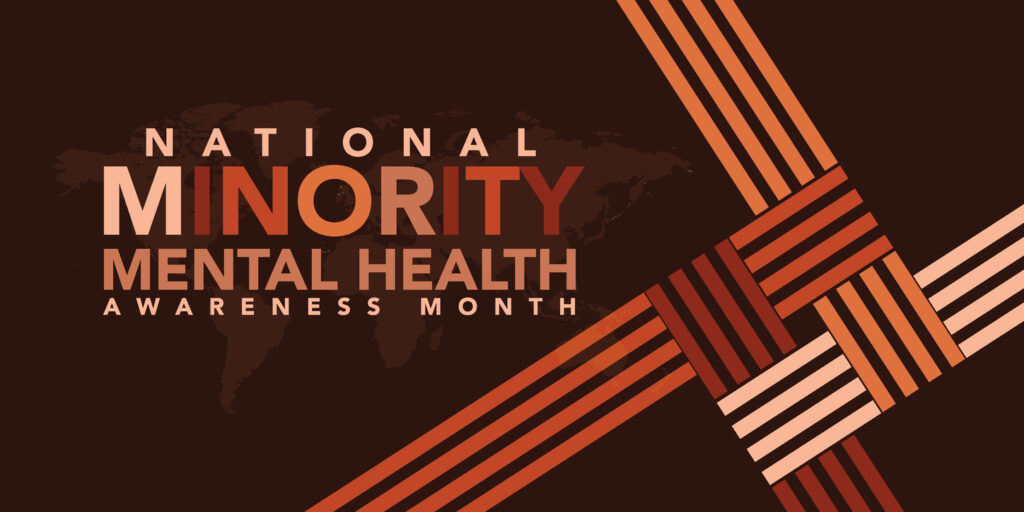In recent years, there has been a growing recognition of the importance of mental health awareness, with efforts made to understand and support individuals from all walks of life. However, amidst these strides, it is crucial to shine a spotlight on the unique mental health challenges faced by minority communities. From cultural stigma to limited access to care, there are various factors that can impact the mental well-being of individuals from minority backgrounds. As we strive to foster a more inclusive and supportive society, it is essential to address these issues and work towards creating a more equitable landscape for mental health support.
One of the primary barriers to mental health support within minority communities is the pervasive stigma surrounding mental illness. This stigma can stem from cultural beliefs, historical trauma, and a lack of awareness about mental health. As a result, individuals may feel silenced or marginalized, reluctant to seek help due to fear of judgment or discrimination. Shattering these stigmas and fostering open, non-judgmental conversations around mental health is a crucial step towards creating a supportive environment for all individuals.
Furthermore, access to adequate mental health resources remains a significant challenge for many minority groups. Socioeconomic factors, language barriers, and a lack of culturally competent care can hinder individuals from seeking or receiving the support they need. As a society, it is imperative to advocate for accessible and inclusive mental health services that address the diverse needs of minority communities. This may involve increasing the availability of multilingual and culturally sensitive mental health resources, as well as actively engaging with community leaders to bridge the gap between mental health services and minority populations.
As advocates for mental health awareness and inclusivity, it is our collective responsibility to amplify the voices of minority communities and advocate for policies and initiatives that address their mental health needs. This may involve supporting culturally relevant mental health programs, participating in community outreach, and advocating for greater representation of minority perspectives in mental health advocacy efforts.
In recognition of National Minority Mental Health Awareness Month, the Mental Health Technology Transfer Center Network (MHTTC) has compiled a list of upcoming events and resources to support these communities.
Together, we can break down barriers, challenge stigma, and pave the way for a more inclusive and supportive future for mental health.

